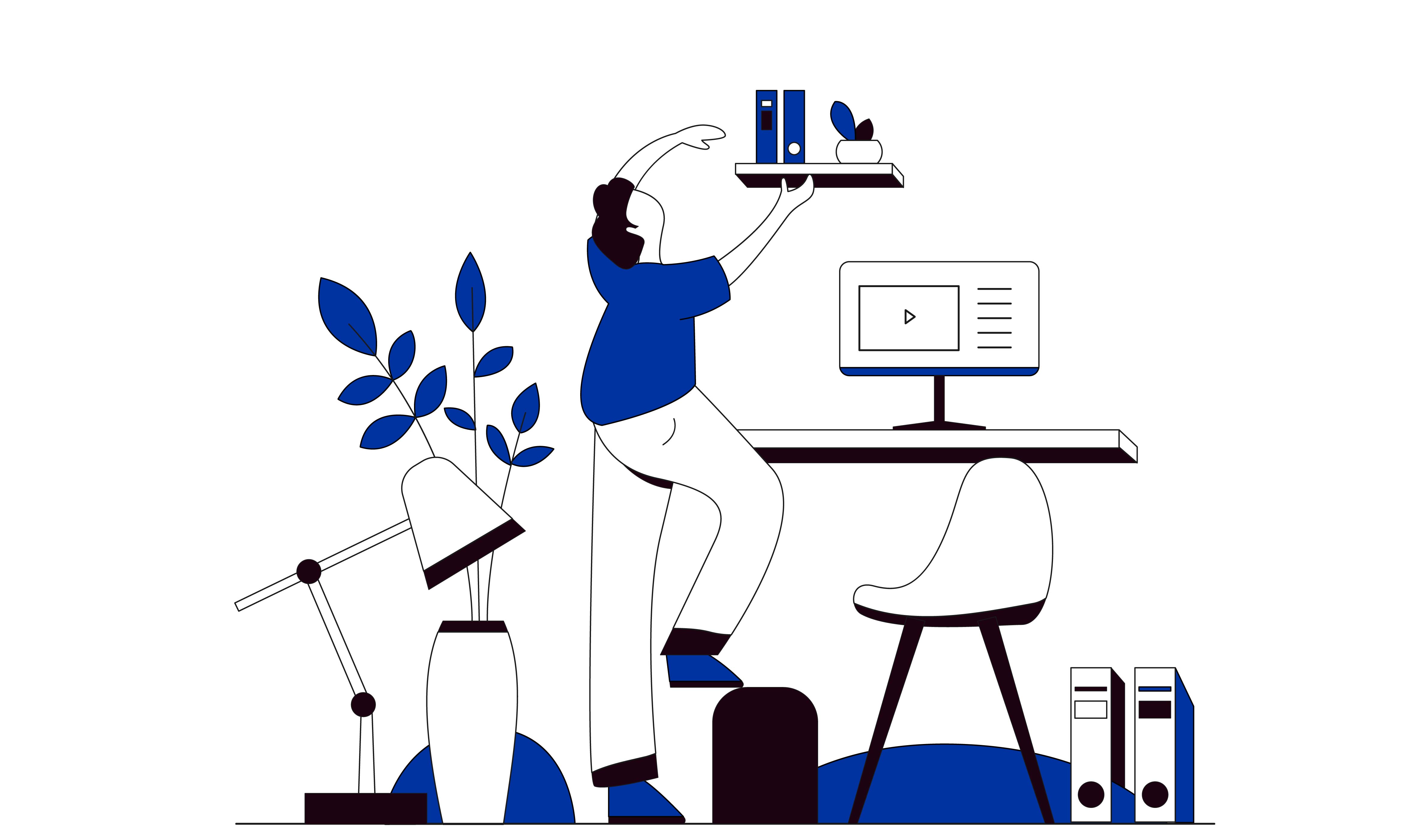Migrants’ Contributions
Below is an abridged excerpt of Whiting, 2019, from the article The Salah Effect, in World Migration Report 2020.
Besides his second-minute penalty for Liverpool FC against Tottenham Hotspur FC in Madrid on 1 June, Egyptian football striker Mo Salah may have also scored a goal against prejudice, according to a new study.
On the pitch, Salah often celebrates goals by dropping to his knees and touching his forehead to the grass in the sujood (an Islamic prayer position), while Liverpool fans have a chant that goes: “If he scores another few, then I’ll be Muslim, too.” But the Salah effect is having an impact beyond the stadium walls, say researchers from Stanford University, who found a drop in hate crimes around Liverpool since Salah signed with the club in June 2017. Islamophobia - or anti-Muslim racism - has been on the rise in the UK since the 9/11 attacks in New York in 2001, according to think-tank Runnymede Trust. There are generally spikes in anti-Muslim hate crimes between 24 to 72 hours after a terrorist attack by Islamic fundamentalists, such as the attack at Westminster in London in March 2017.
The report examined data from police departments around England, including Merseyside, the UK county in which Liverpool is located. It found hate crimes there were “significantly lower” - dropping by 18.9% since Salah joined the club - than would be otherwise expected. “The observed decrease is larger in Merseyside than in all placebo counties, suggesting the result is not merely due to chance,” wrote the researchers. They noted that the trend has not coincided with a general decline in crime: “There is a larger relative decline in hate crimes than in any other crime category.” Not only that, but after studying 15 million tweets by UK football fans, the researchers found Liverpool supporters had halved the number of anti-Muslim tweets they were posting.
In the Stanford study, a survey of more than 8,000 Liverpool fans suggested the reason for the reduction in prejudice towards Muslims in Merseyside was because Salah was familiarizing his fans with Islam, through his observation of the faith, while his image as a bubbly father, friend and fantastic footballer was breaking down stereotypes of “threatening Muslims”. Through his now-famous goal celebration, his social media posts, his pitch-side interviews and seeing his wife Magi cheering him in a veil, Salah’s fans have been invited into his public and private lives. “These findings suggest that positive exposure to outgroup celebrities can reveal new and humanizing information about the group at large, reducing prejudiced attitudes and behaviours,” the researchers concluded. And they hope the Salah effect will offer up “new potential avenues for building social cohesion around the globe”.
Salah was named one of Time magazine’s 100 most influential people of 2019, described by HBO host John Oliver as “a humble, thoughtful, funny man who isn’t taking any of this too seriously”. Perhaps the last word should go to his Liverpool manager, Jurgen Klopp, who praised the athlete’s recognition in Time, noting, “Mo is a very smart person and his role is very influential. In the world at the moment, it is very important that you have people like Mo.”

Questions
What impact is the Salah effect having beyond the football stadium walls, according to Standford University researchers?
When do spikes in anti-Muslim hate crimes generally occur?
According to the text, “Hate crimes there were “significantly ” - dropping by % since Salah joined the club - than would be otherwise expected.
What is the reason for the reduction in prejudice towards Muslims in Merseyside? In what ways is Mo Salah breaking down stereotypes of “threatening Muslims”?
According to this study, how can stereotypes of migrants be combatted?